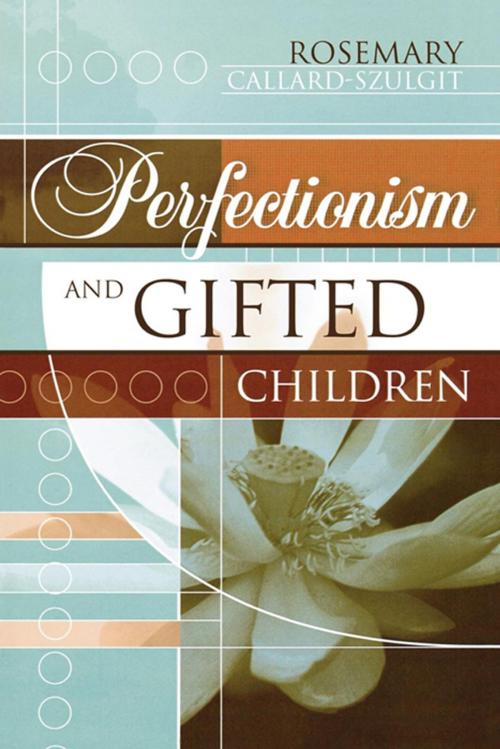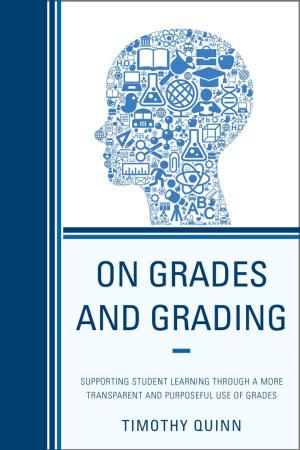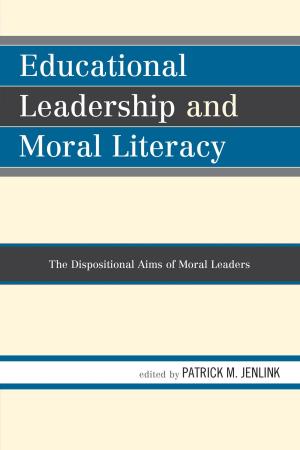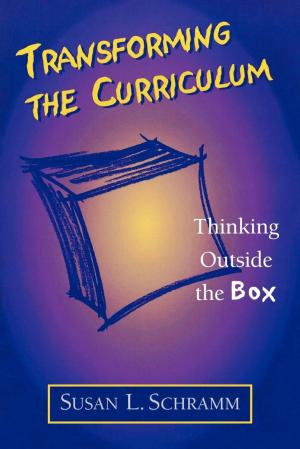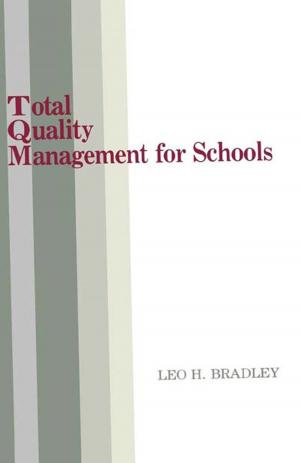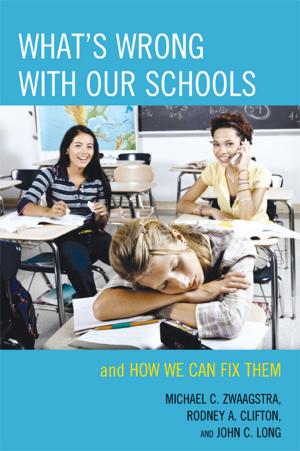Perfectionism and Gifted Children
Nonfiction, Reference & Language, Education & Teaching, Special Education, Gifted| Author: | Rosemary S. Callard-Szulgit, EdD, University at Buffalo; author, "Perfectionism and Gifted Children" | ISBN: | 9781461650195 |
| Publisher: | R&L Education | Publication: | September 16, 2003 |
| Imprint: | R&L Education | Language: | English |
| Author: | Rosemary S. Callard-Szulgit, EdD, University at Buffalo; author, "Perfectionism and Gifted Children" |
| ISBN: | 9781461650195 |
| Publisher: | R&L Education |
| Publication: | September 16, 2003 |
| Imprint: | R&L Education |
| Language: | English |
The perceived natural character of gifted children is to be well behaved, hard working, and studious. Why, then, do so many gifted children have trouble in school? Rosemary Callard-Szulgit, herself a recovering perfectionist, explains how perfectionism can immobilize some children and cause social adjustment problems for others, and can also be a major contributing factor as to why school assignments and personal responsibilities are not being completed by so many of today's gifted children. During her 35-year career, Callard-Szulgit has found perfectionism to be the #1 social-emotional trait of gifted children. Perfectionism and Gifted Children provides insight into perfectionism, discussing why so many gifted children are perfectionists while providing common sense solutions to this problem.
This book will be helpful to families and educators of gifted students, as well as the gifted children themselves. The question and answer section may ease some anxieties that stem from the problem of perfectionism. Appendixes list associations and advocacy groups, Internet resources, and journals and magazines that address the special needs of the gifted and talented.
The perceived natural character of gifted children is to be well behaved, hard working, and studious. Why, then, do so many gifted children have trouble in school? Rosemary Callard-Szulgit, herself a recovering perfectionist, explains how perfectionism can immobilize some children and cause social adjustment problems for others, and can also be a major contributing factor as to why school assignments and personal responsibilities are not being completed by so many of today's gifted children. During her 35-year career, Callard-Szulgit has found perfectionism to be the #1 social-emotional trait of gifted children. Perfectionism and Gifted Children provides insight into perfectionism, discussing why so many gifted children are perfectionists while providing common sense solutions to this problem.
This book will be helpful to families and educators of gifted students, as well as the gifted children themselves. The question and answer section may ease some anxieties that stem from the problem of perfectionism. Appendixes list associations and advocacy groups, Internet resources, and journals and magazines that address the special needs of the gifted and talented.
